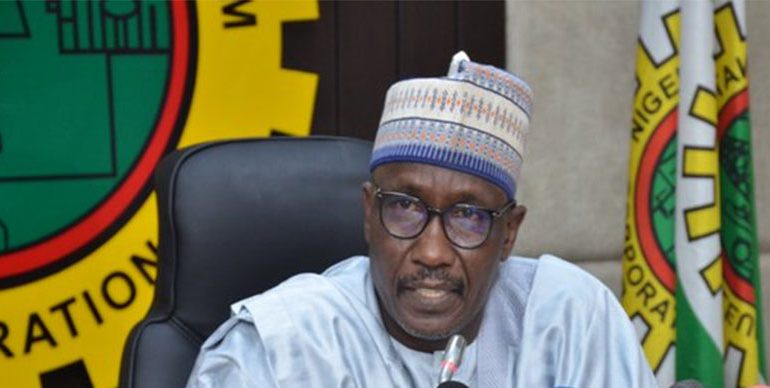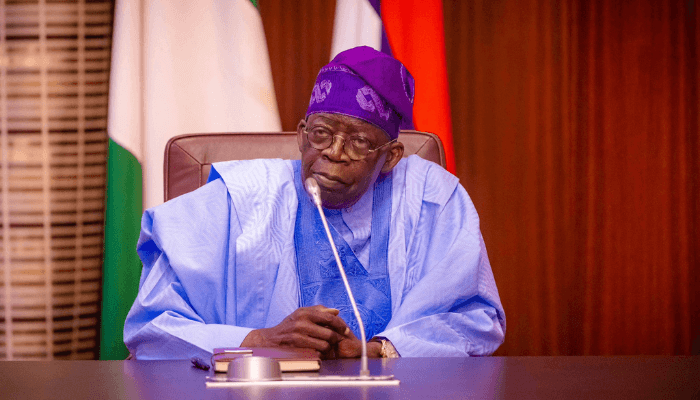When the Nigerian Content Development and Monitoring Board (NCDMB) was established in 2010, its mission was to promote the development and utilisation of in-country capacities for Nigeria’s industrialisation by effectively implementing the Nigerian Content Act. While the board has, over the years, made giant strides towards actualising this goal with several policies to facilitate the participation of indigenous businesses in the Oil and Gas industry, changes in the global political and economic landscape call for a continuous rethinking of long-standing policies and implementing adjustments where necessary.
“NCDMB has been fantastic for the industry. The board has been an enabler. A lot of companies have benefitted, not just from the categorisation or the ring-fencing or the initiative of having Nigerian entities run the business. Some companies have benefited from the fund that they provide to enable them to acquire assets etc. It goes across the board. I think there are a lot of participants in the industry that may not be here if not for the NCDMB,” said Seyi Ajibola, MD/CEO of Zircon Marine Limited, during a live television interview exploring the challenges and opportunities in the Nigerian maritime industry.
Ajibola’s Zircon Marine is one of many indigenous businesses providing local content for Nigeria’s Oil and Gas industry. While his position reflects the dominant view of relevant stakeholders in the industry about the impact of the NCDMB, there remain particular challenges that indigenous industry players grapple with in their bid to match their counterparts in other parts of the world in terms of capacity and service delivery.
The rig count in the industry is currently at an all-time low, constituting a major challenge to businesses whose focus is on rig building, especially in offshore sites. The dearth of appropriate business-support infrastructure is another challenge, which drives up operating costs for indigenous businesses, making it difficult for them to compete with businesses from other countries. Accessibility to qualified technicians is another significant challenge to indigenous players as bringing in expatriates also negatively impacts operations costs. Similarly, soaring global prices due to the Russia-Ukraine war constitutes another hurdle.
Despite these challenges, stakeholders like Ajibola are convinced that indigenous businesses can not only thrive, but also compete successfully if they would adopt a global approach to their operations. According to Ajibola, earning certifications from IOCs, embracing sustainable strategies to business operations and adopting international best practices can better position an indigenous company to operate in the global market.
While these ideals may seem daunting, Zircon Marine has been able to achieve most by seeking out partnerships with companies with assets and expertise in relevant sectors of the industry and signing on to the UN Global Compact, a voluntary initiative based on CEO commitments to implement universal sustainability principles and to take steps to support UN goals.
“I think the main thing is that we want to compete globally, and these partnerships just enable us to do that. A lot of our business is devoted to best practices and we’re fighting and succeeding in getting international business that may have otherwise gone to so-called foreign companies. We’re building up as a 100% Nigerian entity,” he said.
“In 2022, we set ourselves some targets for our sustainability programme, both around the environment and around women empowerment, and we achieved both of them and I think the more and more companies that do that, the better not only for the environment but also for business.
“The top international companies also want to associate with companies that are environmentally compliant. They have initiatives that have respect for the environment and other sustainability goals. The environment is just one aspect. Even diversity in the workplace is a big sustainability goal as well. Those are the things that we’ve been doing specifically as a company.
Ajibola also thinks a tweak in one of the policies of the NCDMB can give local businesses better chances of achieving global relevance and position Nigeria’s Oil and Gas industry for greater gains in the global maritime market.
“For you to participate in the NCDMB today, you have to own vessels. I mean within a certain class, you can give waivers if the vessel is above a certain gross ton. I believe that if they can go back to narrowing into Nigerian participation and ownership of the business instead of Nigerian asset ownership, I believe immediately the cost will come down.
“You will still achieve some of the purposes of keeping money in the hands of Nigerians. You can then focus on specialising in other areas that enable that business. What is happening now is that a lot of people have borrowed money to buy assets and at the same time, especially in the upstream sector, the business has come down, leading to intense pressure to pay back. If you don’t have to own these assets, the flexibility to participate will be much higher, and I think, ultimately, it is much more sustainable,” he added.
This position is viable because it eases the entry burden on indigenous businesses, which has the knock-on effect of reducing operational costs and enabling competitive pricing.
Furthermore, indigenous businesses must continue to scrutinise their processes to ensure optimum efficiency, reducing waste to the barest minimum to give them better chances of setting competitive prices in the global market.
Ultimately, as the global market continues to respond to economic and political changes worldwide, the major stakeholders in the industry must take conscious efforts to reduce, if not remove, unnecessary obstacles impeding the progress of indigenous businesses.





